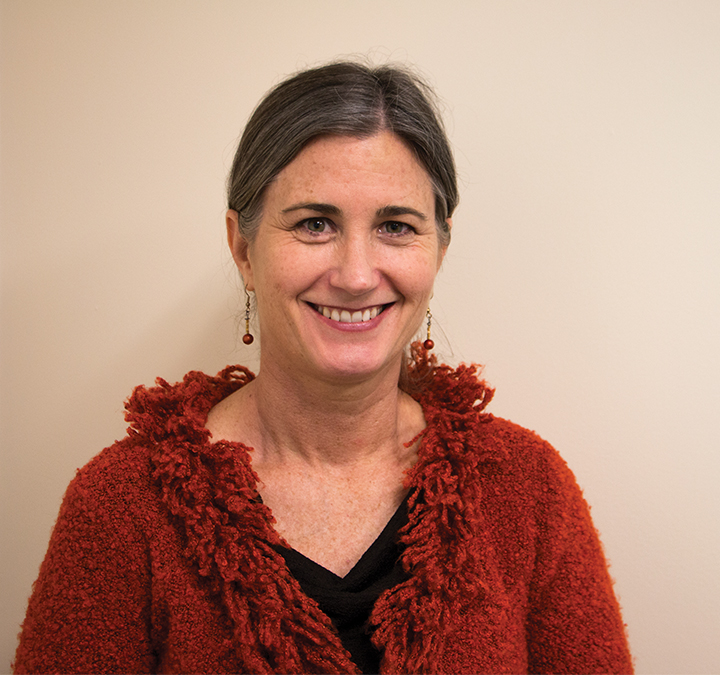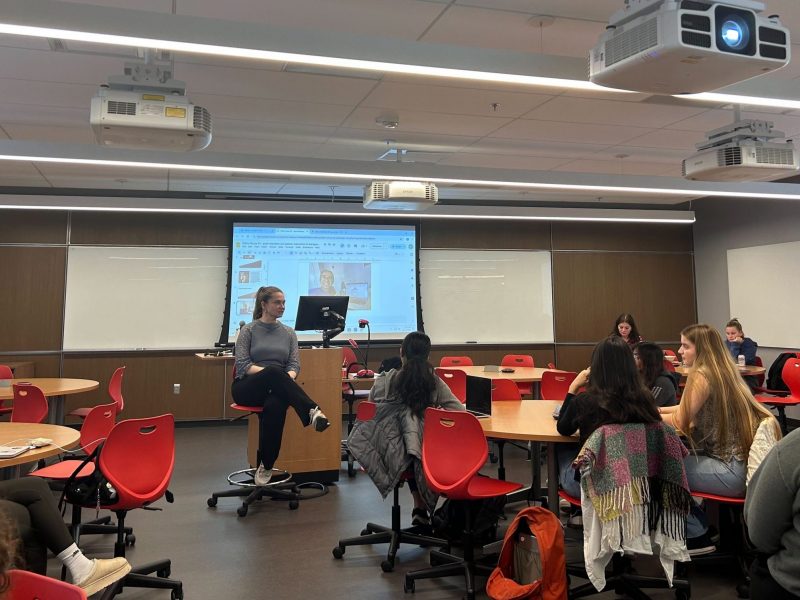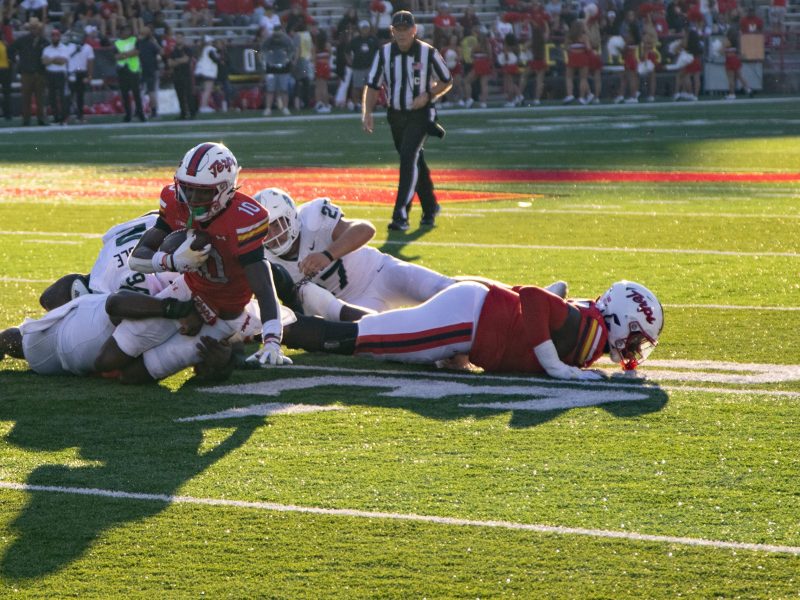
Catherine Carroll is the new Title IX Coordinator for the University of Maryland.
The university’s first sexual misconduct and Title IX compliance director took office March 19, after months of planning.
University officials hired Catherine Carroll, who has more than 20 years of legal experience in areas of sexual and domestic violence, to lead a newly created office intended to improve education and response to cases of sexual misconduct.
“When we spoke to her references and so forth, what people told us is she’s a person who can hit the ground running,” said Cynthia Hale, head of the university’s sexual harassment task force. “She knows how to put an office together, how to set up systems and how to work within a very complicated environment.”
The office’s creation comes in response to recommendations from the University Senate’s Sexual Harassment Task Force, as well as the 2013 revitalization of the Violence Against Women Act, in which the federal government encouraged schools to create Title IX offices.
The aim of the office is to have a centralized place where students affected by sexual misconduct can take their cases and have them dealt with efficiently and judiciously.
“I want our responses to be informed,” Carroll said. “I want victims to feel supported — they need to feel supported — and I want accused to feel like they have due process rights, that they aren’t just getting short shrifted.”
Before, student cases involving sexual misconduct were dealt with through the Office of Student Conduct. But these cases require special attention, university President Wallace Loh said.
“We cannot lump together complaints about drunken student behavior with sexual harassment, but that’s what we’ve been doing,” Loh said. “That’s why we needed someone who’s a specialist — who’s worked in this area and actually dealt with survivors, people who are the defendants — and is a lawyer.”
The office also plans to drastically increase the amount of education students and faculty receive regarding sexual misconduct.
Carroll said she plans to implement online education courses so students have a better understanding of what constitutes sexual misconduct. She also said she wants students to know there is a place they can easily report their cases.
“The overarching goal is to really get the word out that the office exists and that people should come to us to report anything that they want to report,” Carroll said.
Carroll applauded the university for taking the issue seriously and using a proactive approach instead of waiting to respond to a potential scandal or lawsuit. This played a role in her decision to take the new position, she said.
Loh said that in his four years at this university, he has realized sexual misconduct training is not as prevalent as it is at other schools.
“Everyone’s starting to do this,” Loh said. “The time to act is now, not wait until you have a major situation.”
The office is interviewing candidates for a sexual misconduct investigator, and Carroll also plans to appoint deputy coordinators and an advisory board to help her handle what she expects will be a large caseload.
“I want to achieve an environment at the University of Maryland where people know that sexual misconduct is misconduct,” Carroll said. “You raise consciousness [so] that they know where to get assistance and services and that over time it becomes less and less.”



